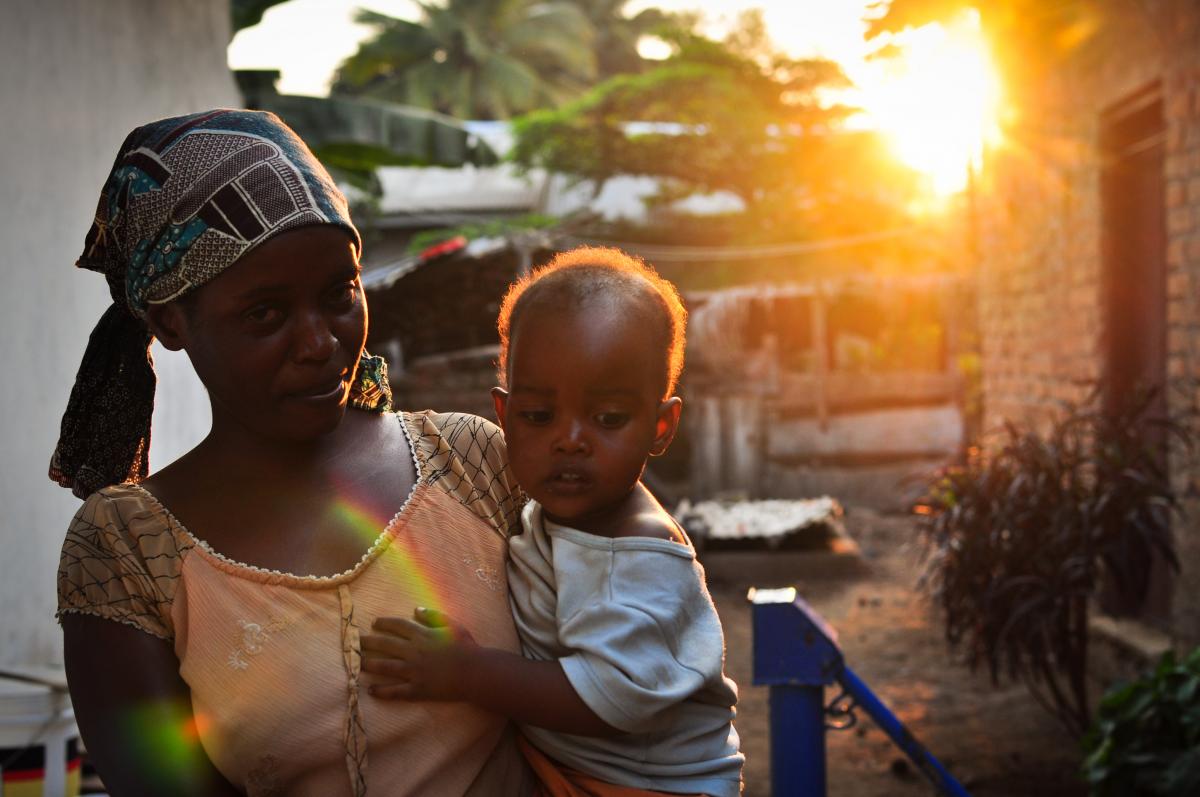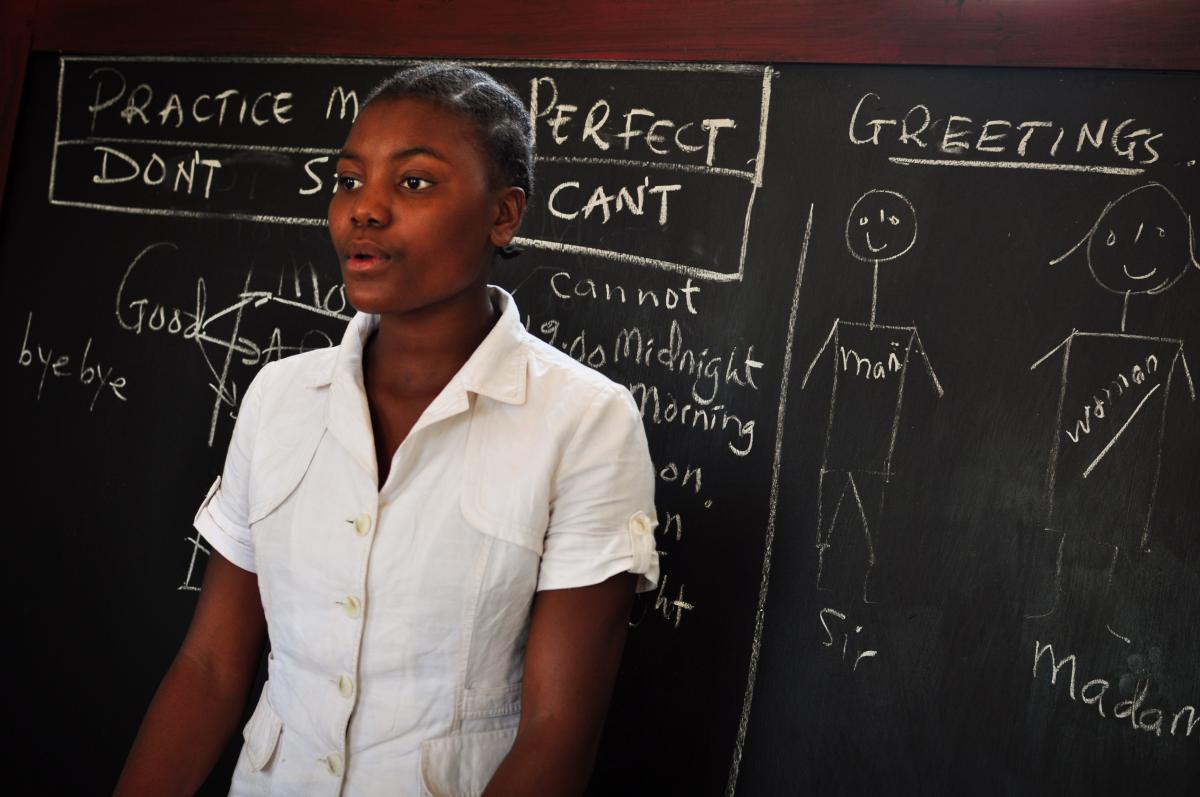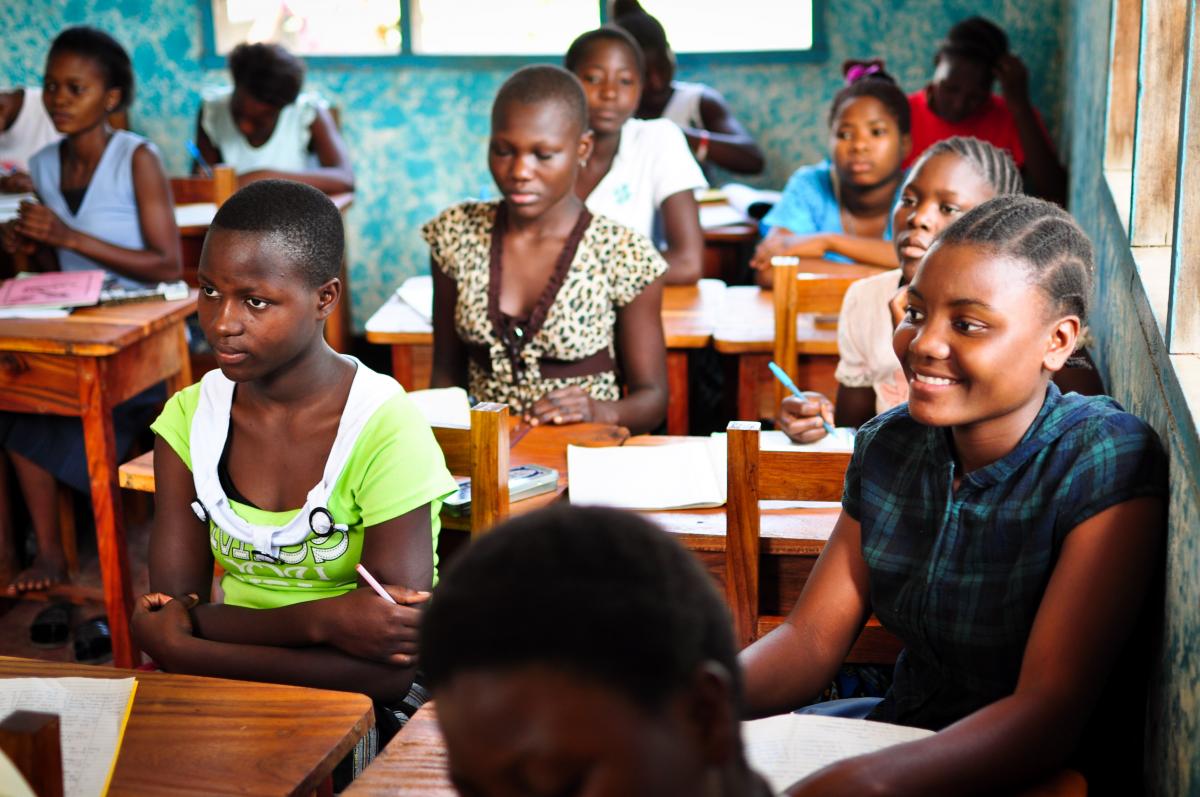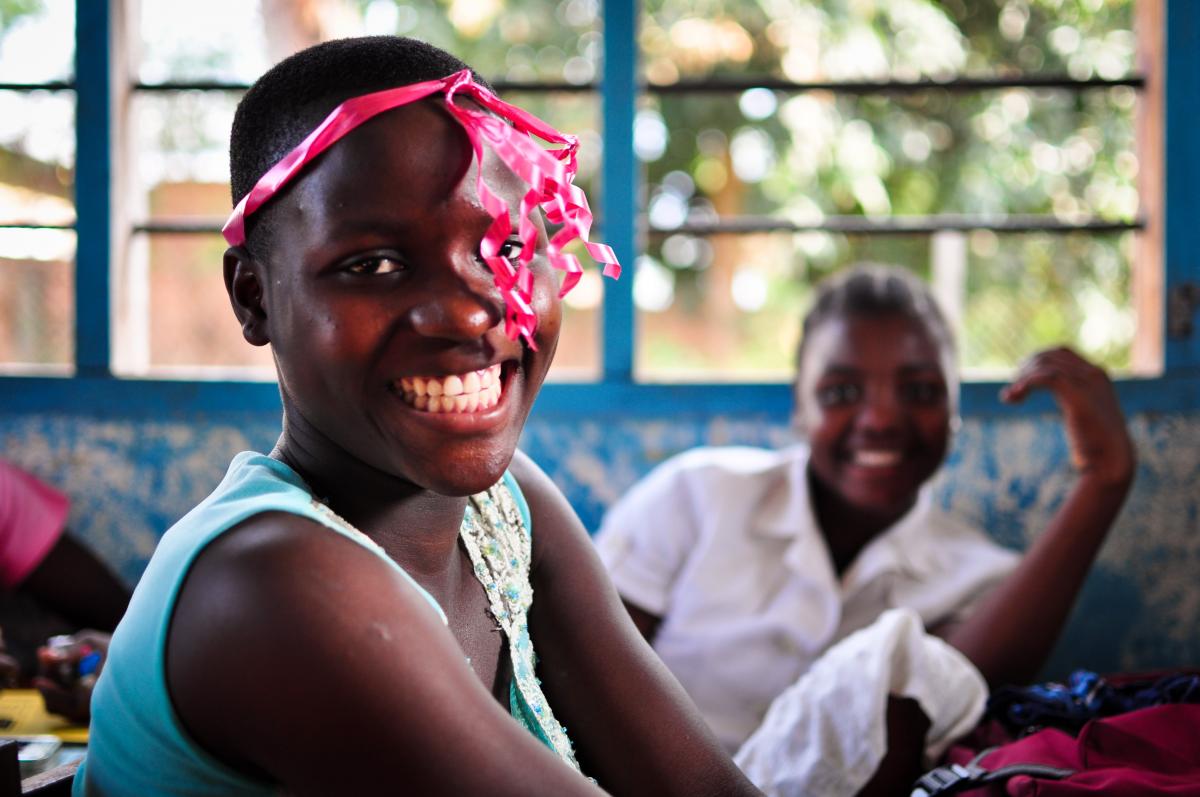 W4 interviews Patricia Schneidewind, the Founder and Executive Director of Bakhita Girls, a nonprofit organization based in Kilombero district, Tanzania, devoted to empowering young mothers through education. Originally from Germany, Patricia studied at NYC, collaborated on a project with BRAC in Bangladesh and is currently working on a documentary film in Palestine. At just 25 years of age, she has already lived and worked in 6 countries on four continents.
W4 interviews Patricia Schneidewind, the Founder and Executive Director of Bakhita Girls, a nonprofit organization based in Kilombero district, Tanzania, devoted to empowering young mothers through education. Originally from Germany, Patricia studied at NYC, collaborated on a project with BRAC in Bangladesh and is currently working on a documentary film in Palestine. At just 25 years of age, she has already lived and worked in 6 countries on four continents.
When was Bakhita Girls founded?
In the summer of 2008 I was volunteering at a local elementary school and orphanage in Tanzania and I was really struck by the great inequality between the way men and women are treated in Tanzanian society. Perhaps most striking was the fact that it was illegal for young mothers to go to school: any girl who had a child was automatically kicked out of school. That was the law. And then, having been abandoned by the education system, these unmarried teenage mothers were often rejected by their own families. In the face of these crises, many young mothers just could not avoid ending up alone in the streets with their young children. These abandoned girls and babies were our main reason for starting Bakhita Girls.
What inspired the creation of Bakhita?
 While visiting a training center for young mothers, I heard the heartbreaking story of a 15-year-old orphan called Grace. Having lost both of her parents to AIDS, Grace was taken in by her uncle, who abused her trust. After falling pregnant with his child, she was thrown out of the family, made victim to the isolation and stigmatization that so many others like her face.
While visiting a training center for young mothers, I heard the heartbreaking story of a 15-year-old orphan called Grace. Having lost both of her parents to AIDS, Grace was taken in by her uncle, who abused her trust. After falling pregnant with his child, she was thrown out of the family, made victim to the isolation and stigmatization that so many others like her face.
I talked to a lot of people about this, and I met a woman who was working for Women Adult Education in the capital, Dodoma. She had been thinking of creating a private secondary school designed to help pregnant girls and young mothers cast out by the public education system. Greatly intrigued, I went to Dodoma and we started working together.
We began in 2010 with one teacher, one classroom, and 20 girls. The same year, the law changed and, mercifully, it was no longer illegal for young mothers to go to school. This was an important turning point for us because it became much easier and cheaper to support girls through the public system, enabling us to provide scholarships for more unprivileged girls and young mothers.
Could you tell us about your mission, objectives, and programs?
 In a wider sense, our mission is to help young mothers, girls, and women from low socio-economic backgrounds to deal with the injustice of both the gender-based discrimination and economic problems within Tanzanian society. We aim to help girls live a dignified and more self-sustainable life in the larger sense. We focus mainly on education as a core that provides them with self-respect, confidence, and self-empowerment. At the moment, we’re working with two local secondary schools and providing scholarships: we are paying for the girls’ tuitions, lunch money, medical bills, and other necessary expenses that they couldn’t otherwise cover.
In a wider sense, our mission is to help young mothers, girls, and women from low socio-economic backgrounds to deal with the injustice of both the gender-based discrimination and economic problems within Tanzanian society. We aim to help girls live a dignified and more self-sustainable life in the larger sense. We focus mainly on education as a core that provides them with self-respect, confidence, and self-empowerment. At the moment, we’re working with two local secondary schools and providing scholarships: we are paying for the girls’ tuitions, lunch money, medical bills, and other necessary expenses that they couldn’t otherwise cover.
However, the stigmatization of young mothers is still very prevalent in Tanzania and we would like to deal with this issue more actively, addressing it not only within the academic system but also across society as a whole.
 Without Bakhita Girls, none of these girls would be in school at the moment. Sadly, families often choose to send only their boys to school because it’s assumed that the girl is going to become a housewife and therefore doesn’t need an education. In reality, this means that only 7 or 8% of girls have the opportunity to attend secondary school. Luckily, the importance of educating women has been increasingly accepted over the years, which is a big indicator that mindsets are changing, that women are beginning to play a more prominent part within the community, and that people recognize that long-term action needs to be taken to empower girls and women.
Without Bakhita Girls, none of these girls would be in school at the moment. Sadly, families often choose to send only their boys to school because it’s assumed that the girl is going to become a housewife and therefore doesn’t need an education. In reality, this means that only 7 or 8% of girls have the opportunity to attend secondary school. Luckily, the importance of educating women has been increasingly accepted over the years, which is a big indicator that mindsets are changing, that women are beginning to play a more prominent part within the community, and that people recognize that long-term action needs to be taken to empower girls and women.
What is your funding model?
We have two different funding models. On the traditional model, an individual can make donations or become a sponsor of one of our girls. Our other model is the peer-to-peer system. I have been going to classrooms in Germany and speaking about human rights, specifically women’s rights issues in Africa. Students often become very engaged and some of them have raised money through, for example, bake sales for Bakhita Girls. I am especially fond of this fundraising model, as in addition to raising funds to support the project it raises awareness amongst students and next generation of activists-to-be.
Do you have one or two success stories you could share with us?
Since joining our pilot class in the summer of 2010, Zawadi has been one of our hardest working students. She was elected as the class representative and she is now attending the renowned Techfort Secondary School. Zawadi is now not only a loving mother to her two children, she is also a leader and representative of her fellow Bakhita Girls.

What are your aspirations for the future of Bakhita Girls?
What I really would like to do is make the project self-sustainable, on a local level, helping us to become less reliant on international sponsorship. Thanks to those willing to donate computers, we are thinking of opening a computer center in one of the villages we work in. This way, girls can not only acquire IT skills, but we can also offer courses to villagers at a fair price, using any profits to provide more scholarships.
© Women’s WorldWide Web 2013













